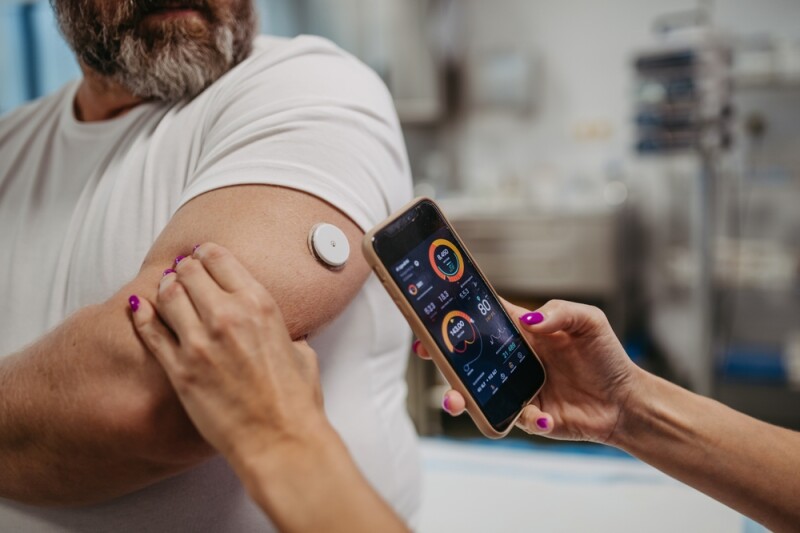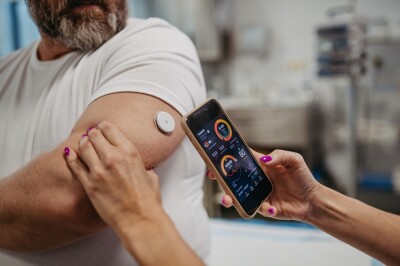Drinking coffee may reduce risk of acute kidney injury, new study finds
New research has revealed that those who drink at least one cup of coffee a day may reduce the risk of acute kidney injury (AKI) when compared to those who abstain from coffee.
The study, published in the journal, Kidney International Reports, and conducted by researchers at Johns Hopkins Medicine in Baltimore, found that those who drank any quantity of coffee every day had a 15 percent lower risk of AKI. However, those who drank two to three cups of coffee a day, reduced their risk by 22 to 23 percent.
Researchers used data from the Atherosclerosis Risk in Communities Study (ARIC), an ongoing survey of cardiovascular disease in four United States communities. They evaluated 14,207 adults recruited between 1987 and 1989, with a median age of 54 years. Participants were surveyed seven times over a 24-year period as to the number of eight-ounce cups of coffee they consumed per day – zero, one, two to three, or more than three. According to the study, during the survey period, there were 1,694 cases of acute kidney injury recorded.
The study found that higher amounts of average daily coffee consumption were associated with a lower risk of incident AKI. Coffee consumption was highest in males, white participants, smokers, individuals without diabetes, people with lean body mass index, normal blood pressure, and higher total energy intake per day. When researchers adjusted for comorbidities such as blood pressure, body mass index, diabetes status, use of antihypertensive medication, and kidney function – those individuals who drank coffee still had an 11 percent lower risk of developing AKI compared than those who did not.
“We already know that drinking coffee on a regular basis has been associated with the prevention of chronic and degenerative diseases including type 2 diabetes, cardiovascular disease, and liver disease,” said study corresponding author Chirag Parikh, MD, PhD, director of the division of nephrology and professor of medicine at the Johns Hopkins University School of Medicine in a statement. “We can now add a possible reduction in AKI risk to the growing list of health benefits for caffeine.”
He added that more studies are needed to define the possible protective mechanisms of coffee consumption for kidneys, especially at the cellular level.
“Caffeine has been postulated to inhibit the production of molecules that cause chemical imbalances and the use of too much oxygen in the kidneys,” he said. “Perhaps caffeine helps the kidneys maintain a more stable system.”




















SHARE